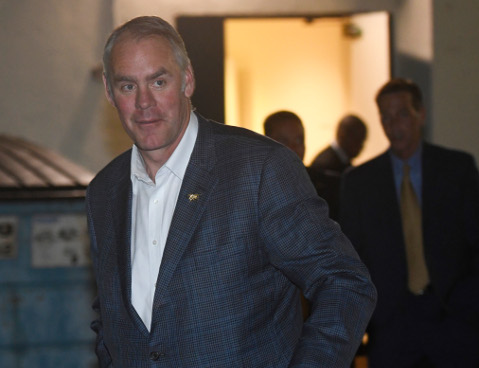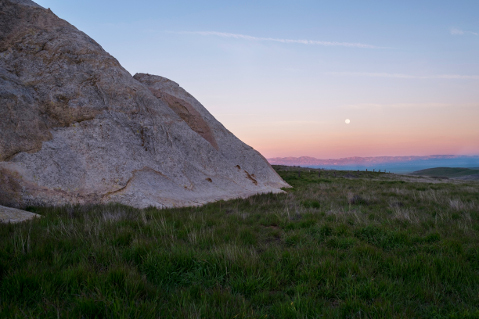Carrizo Plain on Chopping Block?
Western Caucus 17 Have Plans for 'Rich Fossil Fuel Basins'

Seventeen Republican members of Congress signed a letter to Secretary of the Interior Ryan Zinke asking that he reduce the boundaries of the Carrizo Plain National Monument, established by President Bill Clinton in 2001. Members of what’s known as the Western Caucus, they want to expand oil and gas exploration on what’s now a roughly 250,000-acre natural sanctuary. They argued that one-quarter of the Carrizo Plain sits above “rich fossil fuel basins” and that President Clinton cut Congress and the public out of the process “in an effort to block any oil and gas exploration.”

The letter, dated June 30, came in response to President Trump’s Executive Order to reexamine the boundaries of 27 national monuments, with a keen eye toward greater mineral extraction or grazing. The deadline for public comment was July 10; of the 15,000 comments submitted, the overwhelming majority supported the existing boundaries. Spearheading that effort was Jeff Kuyper of Los Padres ForestWatch, who noted that the “Gang of 17,” as he called the Republicans, was a small fraction of the 71 who make up the Western Caucus. Conspicuously absent was the signature of House Whip Kevin McCarthy, who represents Kern County, where the richest petroleum portion of the plain is situated. Kuyper also denied that the public process had been shortchanged in drawing up the Carrizo Plain boundaries, citing the many public hearings and stakeholder meetings that took place. Though several oil operations with preexisting leases are still allowed on 6,000 acres, he noted that of 267 exploratory oil wells drilled on the Carrizo Plain since 1901, not one has been commercially viable.
Congressmember Salud Carbajal said he’s written Secretary Zinke to discuss the issue, but to date Zinke has not replied. Two representatives with California districts signed the letter, Tom McClintock and Doug LaMalfa, both known as outspoken conservatives.



